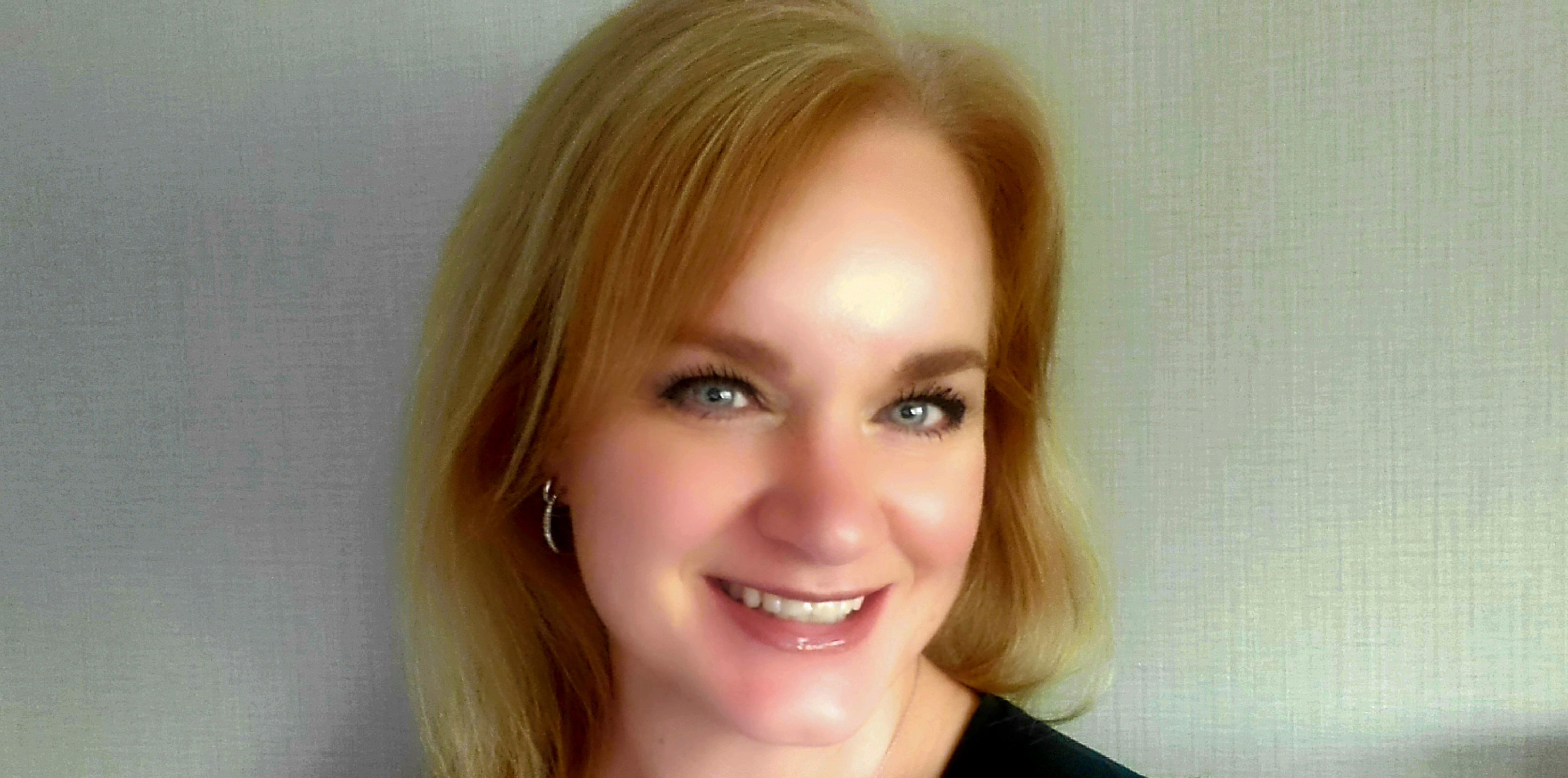
Although her office is new, Assistant Professor Katrine Gosselin’s (pronounced Katrina) passion for special education and teaching are apparent to anyone who walks into her space with an abundance of books and resources for autism lining her shelves. Gosselin is one of the University of Northern Colorado’s (UNC) newest faculty members joining the College of Education and Behavioral Sciences this semester.
Born in Norway, Gosselin moved with her family when she was a child from Oslo to Greeley for a job offer that her father received and made it their home for many years. Gosselin graduated from Greeley Central High School in 1993 and then earned a Bachelor of Science in Human Development from Colorado State University. Gosselin went on to earn her master's in Special Education and Teaching at UNC and worked for 13 years as a special education teacher in both Weld District 6 and Jefferson County while also earning her Doctor of Philosophy in Special Education and Teaching from UNC in 2021.
Gosselin said she enjoyed every moment of being a special education teacher and felt as though she was truly making the lives of her students better and manageable for their parents. Many students she worked with identified as having autism or demonstrated significant physical and cognitive based needs. She managed to create an environment that catered toward the child, setting them up to succeed.
“I think there are a lot of practices within our field that need attention and further research in order to adequately meet our students’ exceptional needs as well as encourage educators to remain in the field,” Gosselin said. “To me, it’s worth every minute of attention and care to help them navigate the education systems.”
As a special education teacher, Gosselin connected with speech, social/emotional and motor therapists to make sure the special education program remained inclusive and allowed students to participate in all activities, including sports, clubs, outdoor labs, dances, programs and field trips. As a result, the students could be involved in therapeutic swimming, adaptive softball and baseball and a field day accessible to students with any type of disability as well as activities that were available to all students. Gosselin also applied for grants through the National Sports Center for Disabled (NSCD), which allowed for students with physical disabilities to participate in adaptive skiing at no cost at the National Sports Center for the Disabled in Winter Park, Colorado, giving the children an experience they would never have imagined they could do.
“There were kids that had never been outside of Arvada and Wheat Ridge,” Gosselin said. “I wanted them to enjoy all the activities that Colorado has to offer.”
As part of this experience, Gosselin launched an ethnographical study, which is a qualitative method for collecting data often used in the social and behavioral sciences. During this time, she was also researching equine therapy, hippotherapy and how to improve quality of life for those with special needs.
She was able to put her research into action and had success stories as a special education teacher. For example, Gosselin worked with two female students who identified as having complex needs. Instead of treating them differently, Gosselin sent them to class like she would any student, while modifying and adapting the environment for them. The students went on to exceed expectations, and Gosselin believes it is because everyone held them to a higher standard than they were used to. Since then, one of the students is now the first in their family to attend college and the other student landed a full-time job at a hospital working for a blood bank.
Gosselin believes that although meeting individual disabilities and needs work on a continuum, it is time for schools to desegregate special and general education so all students can have a similar experience and thrive.
“We all need to realize that students are more than their disability,” Gosselin said. “Seeing somebody as an individual and the facets that exist including disability. It’s not just the wheelchair, it’s the whole being.”
Continuing her passion to help advance special education and mentor the next generation of educators, Gosselin is now teaching in the Special Education program at UNC, sharing her expertise in individuals with significant support needs and autism.
“I try really hard to encourage people to get excited about getting into classrooms and working with kids that are going to demonstrate complex needs because it is so rewarding,” Gosselin said.
Currently, Gosselin teaches EDSE 443 Support Systems in Special Education and EDSE 618 Educating Students with Significant Support Needs. In the past, she taught other classes as an adjunct professor while finishing her doctorate, but this is her first semester as a full-time assistant professor. Gosselin knows she has the ability to impact people, which is why she became an educator.
“I have the opportunity to do a deep dive with current and future educators, so they begin having that same passion and drive,” Gosselin said. “The hope is that my students will be able to advocate and work for their future students in a similar fashion.”
Gosselin already feels a positive energy and excitement from her students about getting into classrooms and working with kids, which contributes to her continuous growth as an educator and helps push the field of special education forward. She has also expressed that the inclusivity that UNC’s Disability Resource Center and Go On and Learn (G.O.A.L.) program is something she loves and wanted to be a part of.
“UNC’s Special Education department has always had a phenomenal reputation. It is an amazing program and it’s closer to being affordable,” Gosselin said. “There are opportunities for not just the “status quo” to have access to a high-quality education. It’s for everyone because we have inclusive higher education.”
– written by Zvi Gutierrez, the Marketing and Communications Department student writer.

